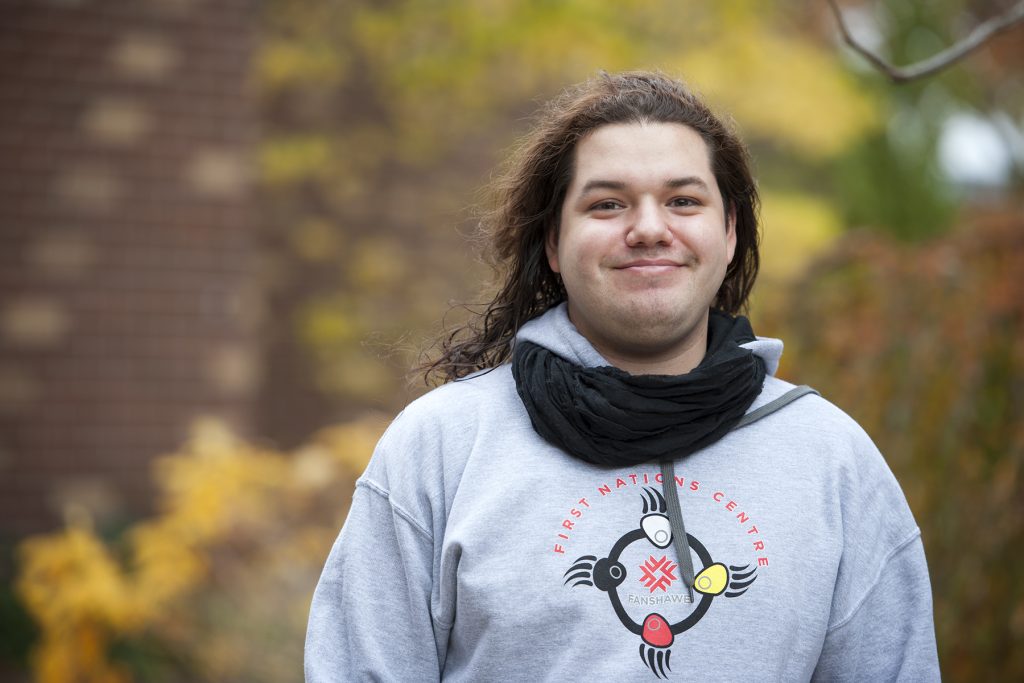Chapter 4: PLAR for Indigenous, Military, and International Students
4.0 Assessment of Indigenous knowledge through PLAR

As an Indigenous student, you may have previous work experience or non-formal training. You may also have learning, skills, and abilities directly derived from your Indigenous customs, practices and lived experiences. If any of this learning aligns with the learning outcomes of a particular College course or set of courses, you may be eligible to apply for college credit for that course(s).
To see the benefits of PLAR, see benefits of PLAR.
The Portfolio Process
The PLAR portfolio process described in chapter one has been traditionally used in different educational, workplace, and community settings to assess adults’ significant learning experiences. The portfolio process is rooted in Indigenous ways of knowing, as an effort to validate Indigenous individuals’ learning journey. [1] Today the portfolio process may offer an opportunity to document learning from an Indigenous lens. In particular circumstances, the portfolio can be a tool for personal, educational, and or career self-assessment through which cultural knowledge and practices could be reflected upon, documented in relation to specific learning competencies, and potentially recognized for college credit.
Thompson and Zakos’ International Indigenous Recognition of Prior Learning RPL Practitioner Manual (2021) provides Indigenous peoples with practical portfolio development models to document their knowledge, skills and abilities through a cultural lens.
Further Information
For Indigenous students interested in learning more about PLAR and the portfolio process, please contact:
Brian Malott
Indigenous Career Consultant
b_malott@fanshawec.ca
Video: Prior Learning Assessment Recognition – How to use the Self Assessment Tool by Fanshawe OER Design Studio [4:05] transcript available
- Thompson, K. T., & Zakos, P. (Eds). (2021). The International Indigenous Recognition of Prior Learning: RPL Practitioner Manual. Epic Press. ↵

